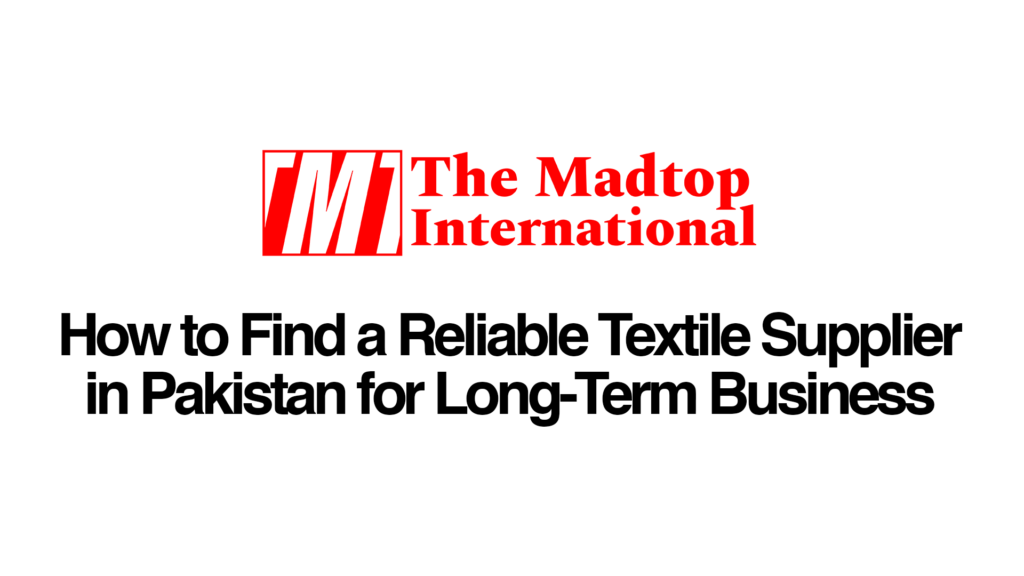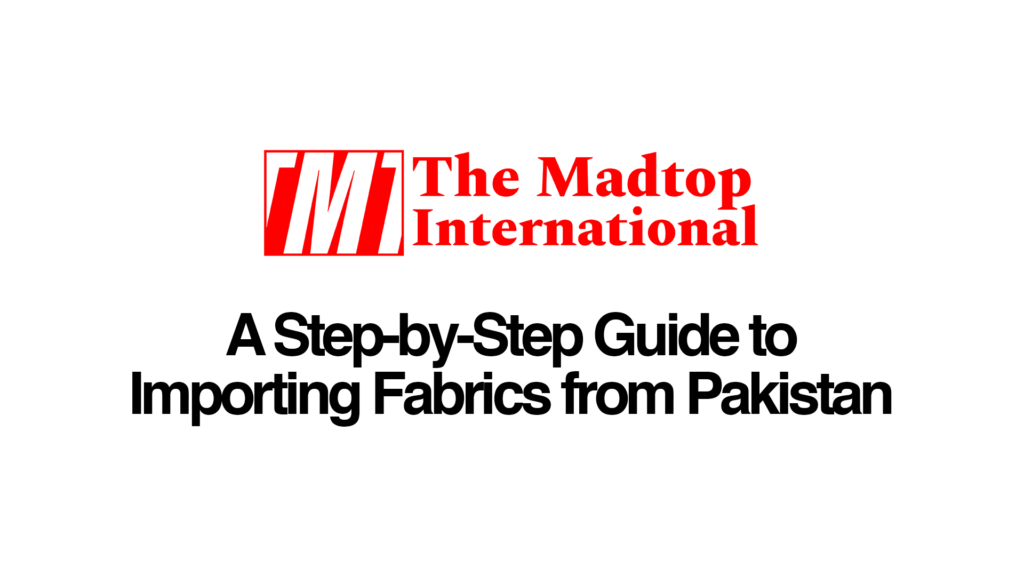Table of Contents
📈 Introduction
In today’s global market, buyers demand high-quality fabrics that meet international standards.
Pakistani textile exporters have earned a strong reputation by consistently delivering top-grade textiles to customers around the world.
In this article, we’ll explain the 7 key steps they take to ensure every order meets or exceeds global expectations.
🌎 Why Quality Standards Matter in Textile Export
When importing fabrics from Pakistan, international buyers expect:
- Consistent product quality
- Durability and longevity
- Proper sizing and finishing
- Compliance with environmental and ethical norms
This is why Pakistani textile exporters invest heavily in processes that maintain world-class quality control at every stage of production.
1. Sourcing Premium Raw Materials
Everything starts with high-quality raw materials.
Pakistani exporters select the finest cotton, polyester, viscose, and other fibers from trusted sources.
✅ Good materials mean better spinning, weaving, and final fabric performance — essential for international markets.
🔗 Learn how to identify high-quality cotton fabric for bulk orders
2. Advanced Production Technologies
Modern exporters in Pakistan use:
- State-of-the-art weaving and knitting machines
- Automated dyeing and finishing systems
- CAD (Computer-Aided Design) for textile patterns
Using advanced technology ensures:
- Greater precision
- Uniformity across large production runs
- Better finishing and strength
3. Strict In-House Quality Inspections
Pakistani textile exporters maintain their reputation by performing rigorous quality checks at different stages:
- Raw material inspection
- Fabric weaving/knitting checks
- Dyeing and colorfastness testing
- Final product inspection before shipping
Multiple inspections minimize errors and guarantee that only the best products leave the factory.
4. Compliance with International Testing Standards
While some Pakistani exporters have official certifications, many also follow recognized global testing standards such as:
- ISO standards for textiles
- ASTM standards for fabric strength and durability
- AATCC standards for colorfastness and shrinkage
Even without certifications, these companies adhere to strict testing protocols to ensure compliance.
5. Experienced and Skilled Workforce
Pakistan has a large, skilled workforce trained specifically in textiles.
From machine operators to quality control managers, their expertise helps in:
- Identifying flaws early
- Maintaining consistent production quality
- Delivering high-value products to customers globally
6. Focus on Sustainable and Eco-Friendly Practices
Today’s global buyers prefer sustainable products.
Pakistani exporters are increasingly adopting:
- Eco-friendly dyes
- Water-saving dyeing techniques
- Organic cotton production methods
Sustainability practices not only meet environmental requirements but also boost brand reputation internationally.
7. Continuous Improvement Through Customer Feedback
Top Pakistani textile companies stay connected with their buyers.
They:
- Regularly ask for feedback
- Analyze product complaints or returns
- Update processes based on customer suggestions
✅ This continuous improvement culture helps them stay aligned with ever-changing global quality expectations.
📝 Conclusion
Pakistani textile exporters have proven that maintaining international quality standards is possible without increasing costs.
By combining premium raw materials, modern technology, strict inspections, and skilled craftsmanship, they deliver fabrics and finished goods that satisfy even the most demanding global customers.
When you partner with the right exporter, you can trust that your fabric orders will meet the highest expectations — every single time.


